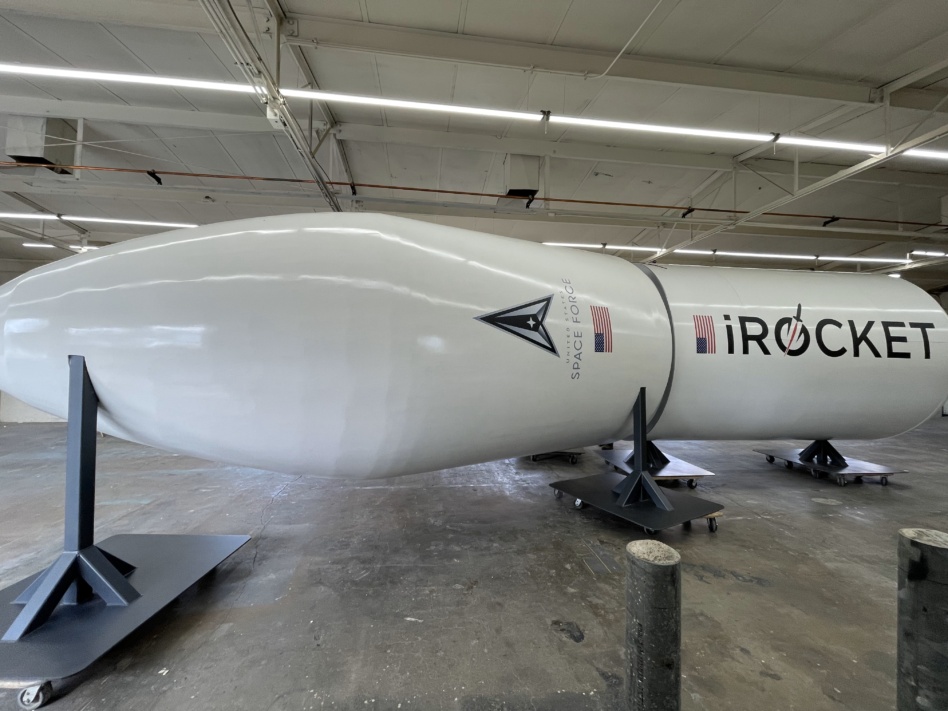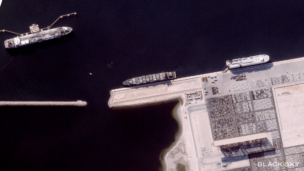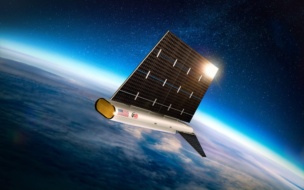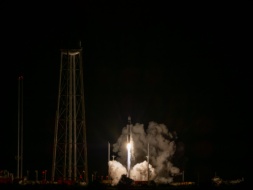iRocket announced a partnership with the Air Force Research Laboratory today, which will give the company exclusive access to a test facility at Edwards Air Force Base and the opportunity to collaborate on its reusable rocket.
The AFRL Cooperative Research and Development Agreement (CRADA) will help accelerate development of its methalox engines and fully reusable Shockwave rocket. The collaboration augments iRocket’s existing partnership with the USSF’s Space Systems Command.
“We’re very excited about our partnership with AFRL,” iRocket CEO Asad Malik told Payload. “We’re able to take over that space, build it up, and use it for the testing we’re doing for our Space Systems Command agreement.”
- The project—which involves building test stands, testing its engines, and a demo launch—is expected to cost $18M. Both iRocket and AFRL are contributing to the funding.
- To support this next development stage, iRocket has quietly engaged a select group of investors to begin raising a Series A.
The company has tested its engine on a smaller scale, but the AFRL partnership will allow it to test its engines at a higher thrust class.
A fully reusable iRocket: iRocket is developing a 100% reusable rocket, aiming to offer low-cost and rapid access to space. Its Shockwave rocket is designed to transport 2,200 kg to LEO.
How it works:
- Shockwave employs methalox-fueled expander cycle engines.
- Nine fully-reusable engines will power the first stage.
- The first and second stages, including the appended fairing, will both land back at the launch site post-flight.
- The company expects a 24-hour turnaround time and minimal refurbishment between reused flights.
“Once our vehicle comes back down, we will do damage assessment, maintenance, refueling, and then we’re ready to relaunch,” said Malik.
The New York-based startup plans to launch Shockwave as early as 2027.
Pentagon rapid fire: Half of iRocket’s funding to date has come from the government. The Pentagon is investing in responsive launch and the ability to deploy satellites with a 24-hour notice to quickly respond to new needs in orbit or to replace assets that might be taken out by adversaries in times of conflict.




